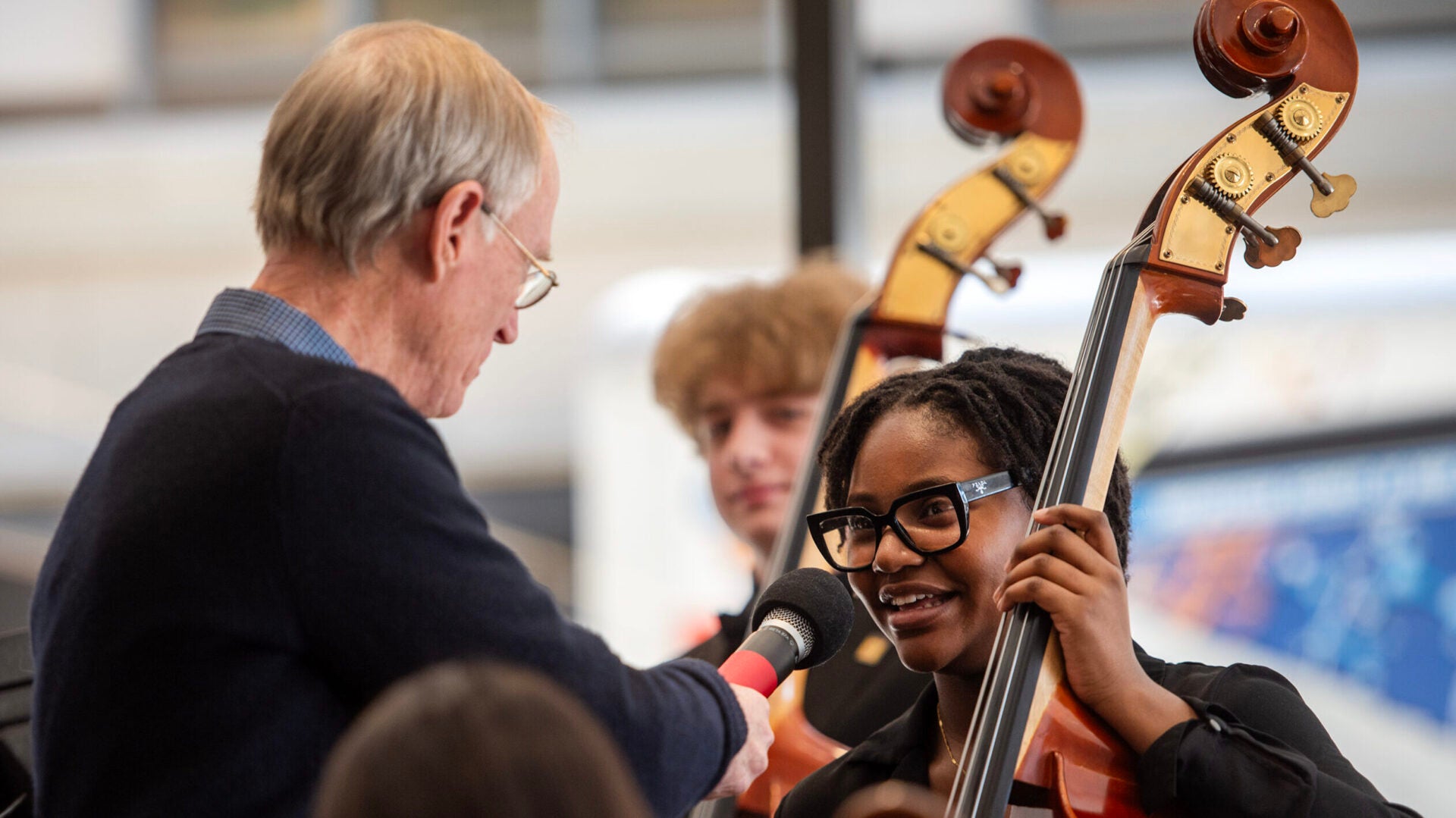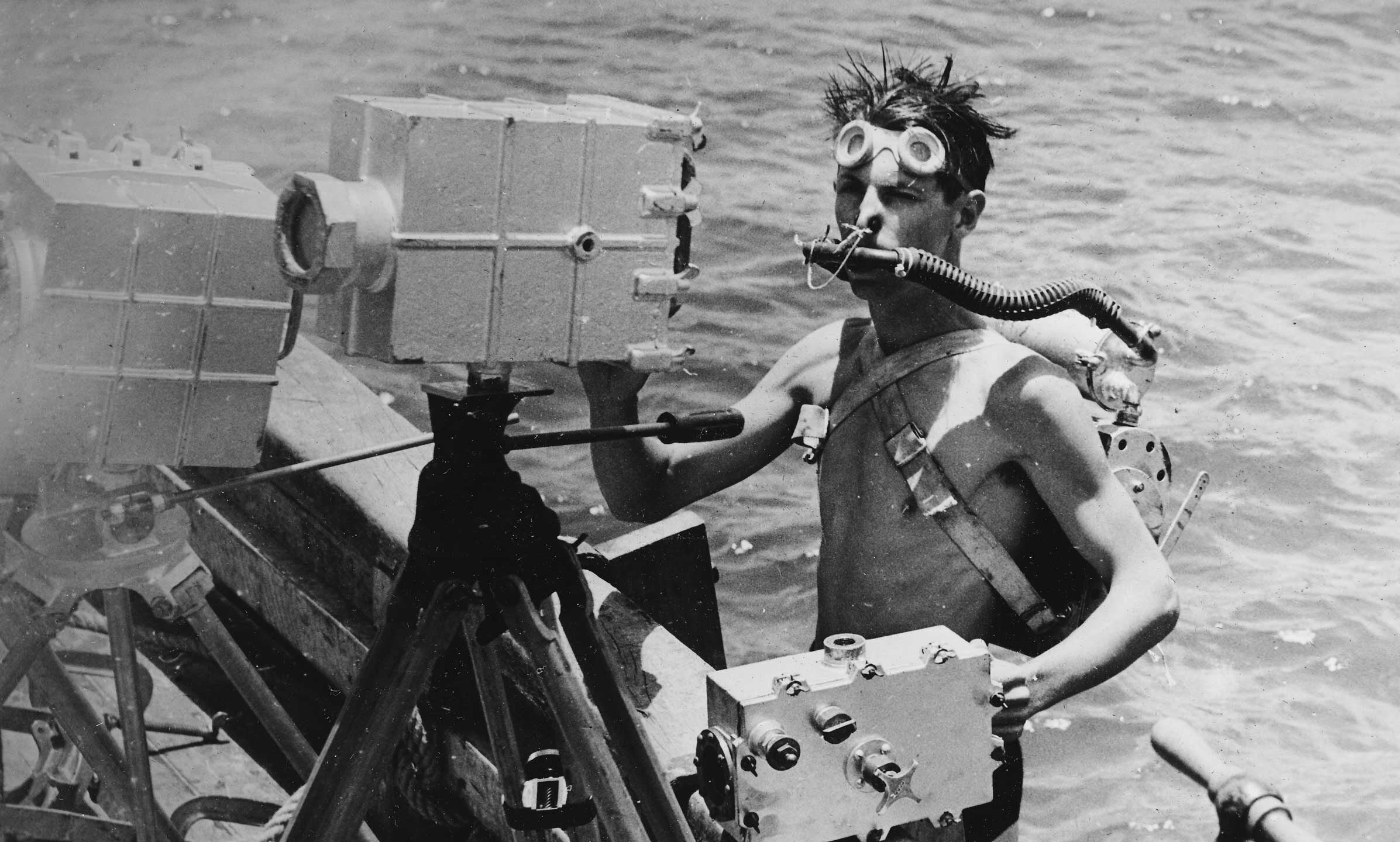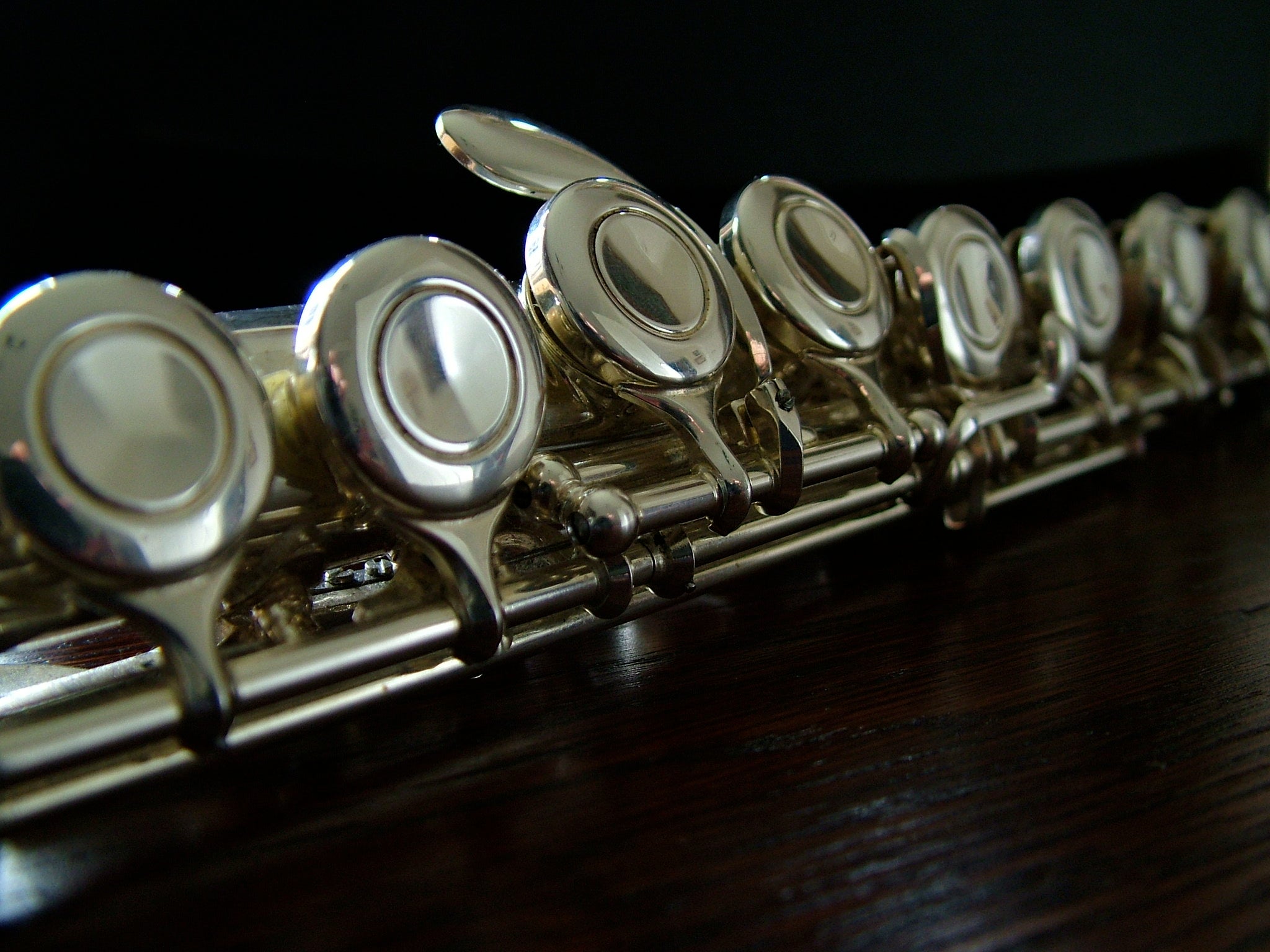Igor Stravinsky had been living the in the United States for two years and he wanted to make a patriotic gesture. But America didn’t exactly appreciate Stravinsky’s gift-an arrangement of “The Star-Spangled Banner.”
Two Things gave Stravinsky the idea of writing the arrangement. A composer who visited him twice a week “to have his works re-composed” suggested it. And since Stravinsky was obliged to begin all of his concerts with the National Anthem anyway, and didn’t care for any of the existing arrangements, he set to work. He finished it in Los Angeles on July 4, 1941. Shortly afterward an orchestra and chorus performed it. Stravinsky sent the manuscript to Eleanor Roosevelt for a war-fund auction. The manuscript was returned with an apology. Stravinsky could only guess at the reason for its refusal. “My major seventh chord in the second strain of the piece, the part patriotic ladies like best, must have embarrassed some high official,” he speculated.
In the winter of 1944, Stravinsky performed his arrangement with the Boston Symphony. He stood with his back to the orchestra, conducting an audience that refrained from singing. At the time, no one seemed to notice that Stravinsky’s arrangement was different from the traditional ones, but the next day, he found out that someone had noticed. Just before a second concert a Boston police commissioner visited Stravinsky in his dressing room and informed his of a Massachusetts law against “tampering” with national property. The policeman said that officers had already been told to remove h is arrangement from the music stands.
News with a little more humanity
WPR’s “Wisconsin Today” newsletter keeps you connected to the state you love without feeling overwhelmed. No paywall. No agenda. No corporate filter.
Stravinsky countered that if there was a definitive version of the “Star-Spangled Banner” it was not played very often in Massachusetts. But the argument fell on deaf ears, and so far as anyone knows, the Stravinsky arrangement of the national Anthem hasn’t been played since.
“It ought to be,” Stravinsky once said. “For it makes the linear and harmonic best of the material, and is certainly superior to any other version I have heard.”
Wisconsin Public Radio, © Copyright 2026, Board of Regents of the University of Wisconsin System and Wisconsin Educational Communications Board.





